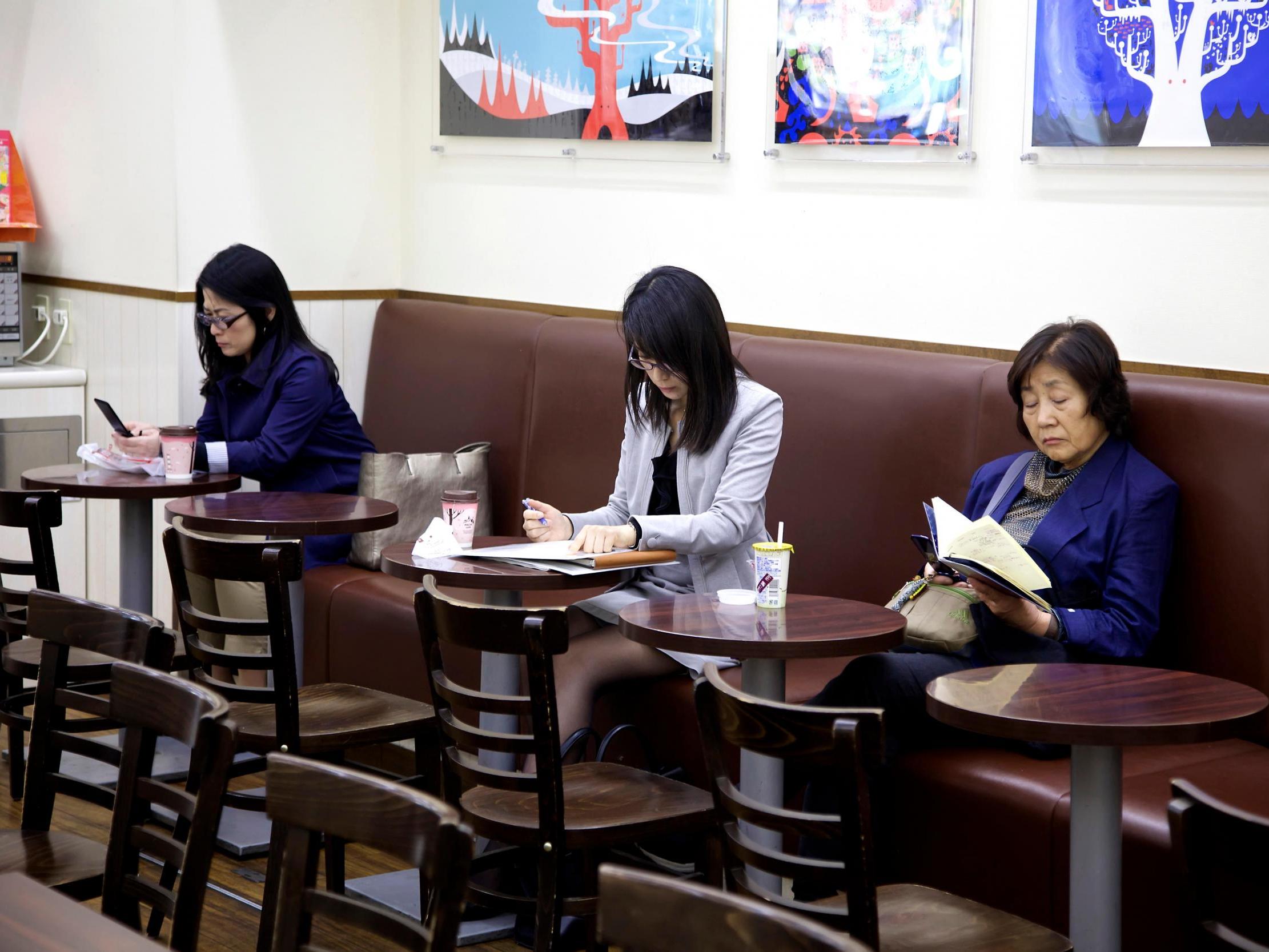Investigation confirms Tokyo medical school exam cut women's test scores to exclude female students
Lawyers find scores manipulated to give men more points and thus hold down the number of women admitted

Your support helps us to tell the story
From reproductive rights to climate change to Big Tech, The Independent is on the ground when the story is developing. Whether it's investigating the financials of Elon Musk's pro-Trump PAC or producing our latest documentary, 'The A Word', which shines a light on the American women fighting for reproductive rights, we know how important it is to parse out the facts from the messaging.
At such a critical moment in US history, we need reporters on the ground. Your donation allows us to keep sending journalists to speak to both sides of the story.
The Independent is trusted by Americans across the entire political spectrum. And unlike many other quality news outlets, we choose not to lock Americans out of our reporting and analysis with paywalls. We believe quality journalism should be available to everyone, paid for by those who can afford it.
Your support makes all the difference.A Japanese medical school deliberately cut women’s entrance test scores for several years, a panel of lawyers hired by the school to investigate the issue said, calling it a “very serious” instance of discrimination.
Shinzo Abe, the prime minister, has made a priority of creating a society “where women can shine”, but women in Japan still face an uphill battle in employment and face hurdles returning to work after childbirth, which contributes to a falling birthrate.
The alterations were uncovered in an internal investigation regarding the entrance exam for Tokyo Medical University, sparking protests and widespread anger.
Lawyers investigating bribery accusations in the admission of the son of a senior education ministry official said they concluded that his score and that of several other men were boosted “unfairly” – some by as much as 49 points.
They also concluded that scores were manipulated to give men more points than women and thus hold down the number of women admitted.
“This incident is really regrettable – by deceptive recruitment procedures, they sought to delude the test takers, their families, school officials and society as a whole,” lawyer Kenji Nakai told a news conference.
“Factors suggesting very serious discrimination against women was also part of it,” added Mr Nakai, one of the external lawyers hired by the university to investigate the incident.
The investigation showed the scores of men – including those reappearing after failing once or twice – were raised a certain number of points. Those of all women, and men who had failed the test at least three times, were not, however.
The lawyers said they did not know how many women had been affected, but it appeared that women’s test scores had been affected going back at least a decade.
No immediate comment was available from the government or the education ministry official who figures in the case.
Entrance exam discrimination against women was “absolutely unacceptable”, Yoshimasa Hayashi, Japan's education minister, told reporters last week.
Reports of the incident appeared at the start of August, setting off a furore in Japan, spurring women to recount their own experiences of discrimination on social media with the hashtag: “It’s okay to be angry about sexism.”
Some referred to the potential costs exacted in a rapidly ageing society.
“I’m 29 and will probably never get married,” said one.
“Women are pitied if they don’t, but Japanese women who are married and working and have kids end up sleeping less than anybody in the world. To now hear that even our skills are suppressed makes me shake with rage.”
Another said: ”I ignored my parents, who said women don’t belong in academia, and got into the best university in Japan. But in job interviews I’m told ‘If you were a man, we’d hire you right away'.
“My enemy wasn’t my parents, but all society itself.”
Reuters
Join our commenting forum
Join thought-provoking conversations, follow other Independent readers and see their replies
Comments